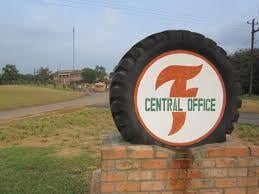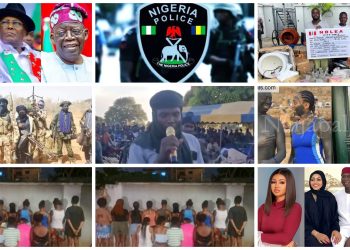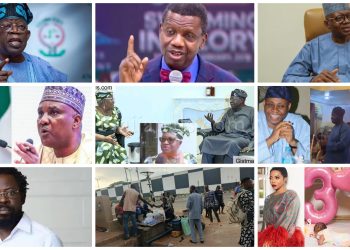The industrial situation in Liberia faces a crucial standoff between Firestone Liberia and its labor unions as well as its impact on company operations and employee welfare.
The dispute arises from extended negotiations between Firestone Liberia and the National Timber Wood Construction & Allied Workers’ Union of Liberia (NTWCAWU) that specifically involves the Firestone Workers Union of Liberia (FAWUL).
According to records from September 2024 the discussion between Firestone Liberia and its employees deteriorated to a complete work stoppage which endangers the stability of Liberia’s biggest industrial employer.
Firestone Communications Manager Amanda M. Hill issued a statement on Thursday, January 30th which called for union leadership to restart negotiations. The company maintains that open dialogue along with mutual understanding between parties represents the best method to solve workplace disputes.
The strike organized by Marcus S. Blamah as general secretary of NTWCAWU marks an important historical event for Liberia’s labor relations framework. The union uses its combined member power to engage in work stoppages which raises awareness about unresolved workplace problems in order to gain more beneficial terms.
The statement from Firestone presents an intricate viewpoint on the current labor dispute. The company demonstrates its dedication to productive dialogue through its involvement with Ministry of Labor-mediated talks. The attempts to reach a satisfactory agreement between both parties have proved unsuccessful.
The dispute exists within a broader framework which shows how businesses maintain stakeholders while safeguarding employee rights. Foreign investments like Firestone in Liberia’s economy require workers’ negotiations to create respectful enduring work relationships as well as immediate workplace standards.
Firestone proves its dedication to operational transparency when it officially informs both Margibi County Caucus and the Ministry of Labor about the strike action. The use of this approach indicates Firestone’s willingness to work with a wide range of government departments and community representatives for solving the present deadlock.
The developing situation presents crucial choices to Firestone management along with union leadership and workers which will determine their professional relationships and industrial relations within Liberia’s rubber industry.
The upcoming period will decide if companies can establish constructive discussions instead of confrontations and discover solutions which meet the operational requirements while honoring workers’ genuine demands.





